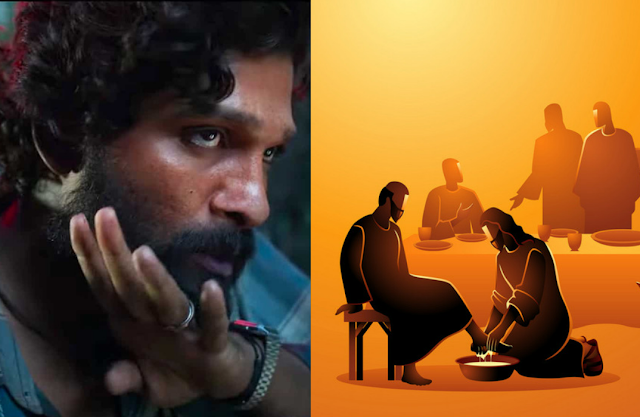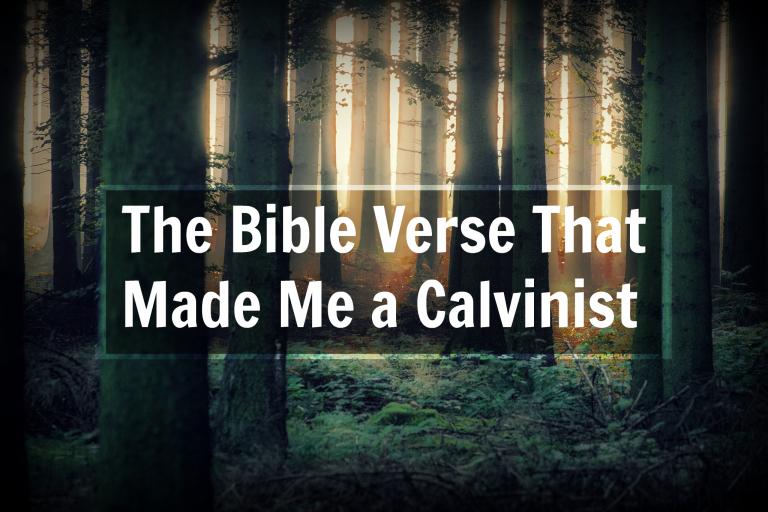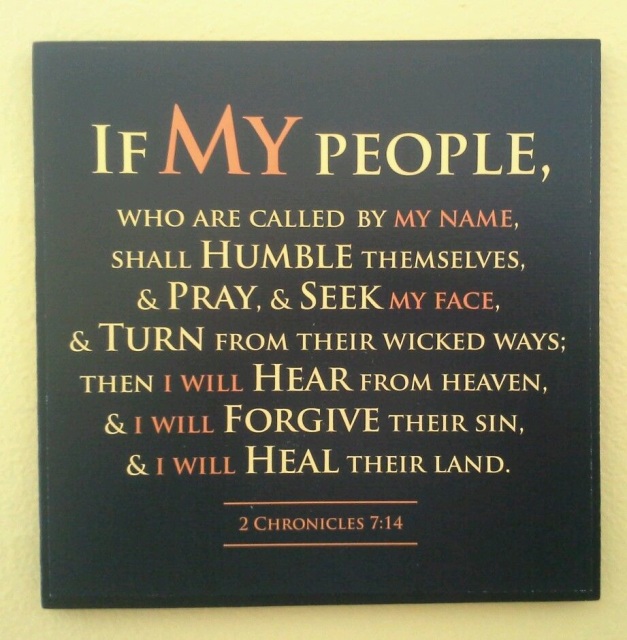In my years living the Christian life under the sun, I have encountered numerous allegations and accusations—many times hearing them about others, and at times enduring them myself. These experiences have burdened me to share how we, as God's people, should biblically navigate accusations and gossip.
While I know little of other lands, in India, rumors often spread like wildfire. Many do not even understand the meaning of the word allegation. When they read a headline such as, “It is alleged that so-and-so has raped,” the report quickly spreads, “So-and-so has raped.” Few realize that an allegation is merely a statement made without evidence. Sadly, this careless approach to words shows how unprepared many are to handle such news with wisdom.
Through years of watching and experiencing these things, one lesson has become clear to me: just because something is said about someone does not make it true. Why? Because people are prone to:
- Lie– deliberately speaking what is false.
- Exaggerate– stretching the truth beyond reality.
- Misinterpret– misunderstanding what was said or done.
- Distort– distorting facts to fit their assumption.
- Misjudge– drawing wrong conclusions.
- Assume– believing something without evidence.
- Spread hearsay– passing along unverified claims.
- Gaslight – pressurizing others into doubting what is true by twisting facts.
- Forget– remembering selectively or inaccurately.
- Show bias– influenced by pride, envy, hurt, or prejudice.
- Yield to influence– swayed by popular opinion or group pressure.
This is why the Word of God speaks with piercing clarity: “You shall not bear false witness against your neighbor” (Exo. 20:16). James warns, “Do not speak evil against one another, brothers” (Jas. 4:11). Jesus Himself declared, “On the day of judgment people will give account for every careless word they speak” (Matt. 12:36). These words confront me: Am I speaking truth—or am I bearing false witness?
Responding to Allegations and Accusations
So, in light of the danger of believing or spreading false testimony, how should we respond?
- Be Slow to Believe
In the past, I accepted reports too quickly, only to learn later that it was folly. Scripture cautions us: “The simple believes everything, but the prudent gives thought to his steps” (Pro. 14:15). Now, when I hear a negative report, I neither accept it hastily nor dismiss it outright. I choose to remain neutral until truth is established.
This posture protects us from two extremes: gullibility that believes every word, and hardness that ignores the possibility of wrongdoing. Waiting, listening carefully, and testing matters with patience allows us to honor both truth and justice.
- Examine Carefully
It is natural for us to see without careful examination, believe without careful examination, speak without careful examination, and spread without careful examination.
Yet, as followers of Christ, we must learn to handle reports the way matters are handled in a court of law. No one is allowed to speak whatever they want in a court. Every statement is tested, and every claim is examined. Interrogation and investigation are crucial disciplines. Why? Because people either deliberately lie or sincerely misinterpret.
This makes one thing clear: a major challenge is learning to see reality accurately—and that is not easy. To do this, we need to ask probing questions that help us discern truth from assumption. The following are especially helpful:
- Ask about evidence: “What proof supports this claim?” (Deut. 19:15)
- Ask about biblical process: “Have you spoken to the person directly?” (Matt. 18:15)
- Ask about clarity: “Could you be misunderstanding or missing context?” (Prov. 18:13, 17)
- Ask about judging the heart: “Are you assuming motives that only God knows?” (1 Sam. 16:7)
- Ask about truthfulness of perception:
- “How do you know this is true?”
- “How do you know this is what they meant?”
- “How can you be sure you are seeing things as they are and not falsely assuming?” (John 7:24)
- Ask about half-truths: “Is this the whole story, or are you presenting part of the truth in a way that changes its meaning?” (Prov. 12:17; Prov. 14:5)
- Ask about motive: “Why are you telling me this?”
- Ask about fruit: “Will believing or spreading this produce peace or division?” (James 3:17)
- Ask about the Christian attitude: “Is there a trace of Christian love and grace in the way it is spoken—or is it filled with anger and bitterness?”
It also helps to remember:
- Who we are affects how we see. (Our heart's condition, personality, past experiences, hurts, and biases all shape our perception)
- What we see is not necessarily what it is. (Appearances can mislead; only God sees fully)
- How we feel can distort what we perceive. (Emotions can magnify or minimize reality)
- How we think shapes what we discern. (Our thought patterns—whether renewed by God’s Word or ruled by worldly reasoning—determine how we interpret reality)
- Where we stand influences what we notice. (Our position and relationship in a situation often determines our perspective)
- How we listen affects what we conclude. (If we listen with preconceived notion, we interpret differently than if we listen with wisdom and understanding)
- Be Cautious When Others Confidently Judge the Heart
When listening to accusations, notice whether the person claims to know the other person’s motives. It is one thing to describe an action honestly—“This is what I saw/feel”—and another to declare motives with certainty—“I know why they did it.” Such claims should make us pause.
What concerns me most are those who speak confidently about another person’s heart—as if they could see what only God sees. Solomon recognized this when he prayed, “…for you, you only, know the hearts of all the children of mankind” (1 Kings 8:39). Likewise, Scripture reminds us, “For the LORD sees not as man sees: man looks on the outward appearance, but the LORD looks on the heart” (1 Sam. 16:7). Again and again, the Bible testifies that God alone examines the heart (1 Chron. 28:9; Ps. 7:9; Jer. 17:10).
When we move from curiosity to know the facts to confident assertions about another’s motives, we tread on dangerous ground. In doing so, we risk becoming false witnesses ourselves.
True wisdom approaches the heart with patience and humility: “The purpose in a man’s heart is like deep water, but a man of understanding will draw it out” (Prov. 20:5). Very few possess the patience, discernment, and understanding required to draw out a person’s true purposes. Far more common is the hasty, shallow judgment that draws conclusions based only on appearances or hearsay.
- Listen to Both Sides
Listen to both sides is crucial in exploring the facts. And as you listen, do not rush to conclusions. Instead, ask hard, deeper questions of each, like those mentioned above (Examine Carefully). As I have already stated, it is difficult to see things exactly as they are. Reality is not always obvious, and careful questioning helps uncover what is hidden beneath the surface.
Proverbs warns, “The one who states his case first seems right, until the other comes and examines him” (Prov. 18:17). I have often faced situations where hearing only one side sounded very convincing. But when I listened to the other side, the picture changed dramatically. And when I had both people together in conversation, I began to see a clearer and fuller picture.
Yes, this is time-consuming. But if we don’t take time to carefully examine, we should be very cautious about what we believe.
- Question on Direct Conversation
When you hear an accusation, ask whether the person has gone directly and had an honest, healthy personal conversation with the one involved. In most cases, people assume and then accuse. They draw conclusions without approaching the person directly. Instead of seeking understanding, they form judgments. Instead of healthy dialogue, they create distance. Instead of pursuing another’s good, they protect their own security.
Yet, Christ calls us to a better approach: “If your brother sins against you, go and tell him his fault, between you and him alone” (Matt. 18:15). Paul echoes this: “If anyone is caught in any transgression, you who are spiritual should restore him in a spirit of gentleness” (Gal. 6:1).
A biblical attitude does not whisper behind someone’s back or expose them publicly for shame. A biblical approach compels us to speak face-to-face, seeking restoration rather than humiliation, reconciliation rather than division.
When people bypass healthy direct conversation—relationships fracture, trust erodes, false witness multiplies, reputations are ruined, and disunity flourishes. But when we take courage to approach one another in truth and love, we honor Christ, we guard the unity of His body, and we seek each other’s welfare.
Conclusion:
In a world where allegations spread faster than facts and reputations are ruined with a click, God’s people are called to a higher standard. We must be:
- Slow to believe (Pro. 14:15),
- Discerning in seeking truth (John 8:32),
- Quick to reject gossip (Pro. 26:20),
- Committed to biblical process (Matt. 18:15–17),
- Humble in judging motives (1 Cor. 4:5).
- Gracious in seeking restoration (Gal. 6:1).
In the end, truth will prevail: “The Lord will bring to light the things now hidden in darkness and will disclose the purposes of the heart.” (1 Corinthians 4:5)
Enquiries:





![It's My Life (feat. TumaniYO) [Explicit] by Эндшпиль on Amazon Music - Amazon.com](https://m.media-amazon.com/images/I/81aRiMNJPQL._SS500_.jpg)

